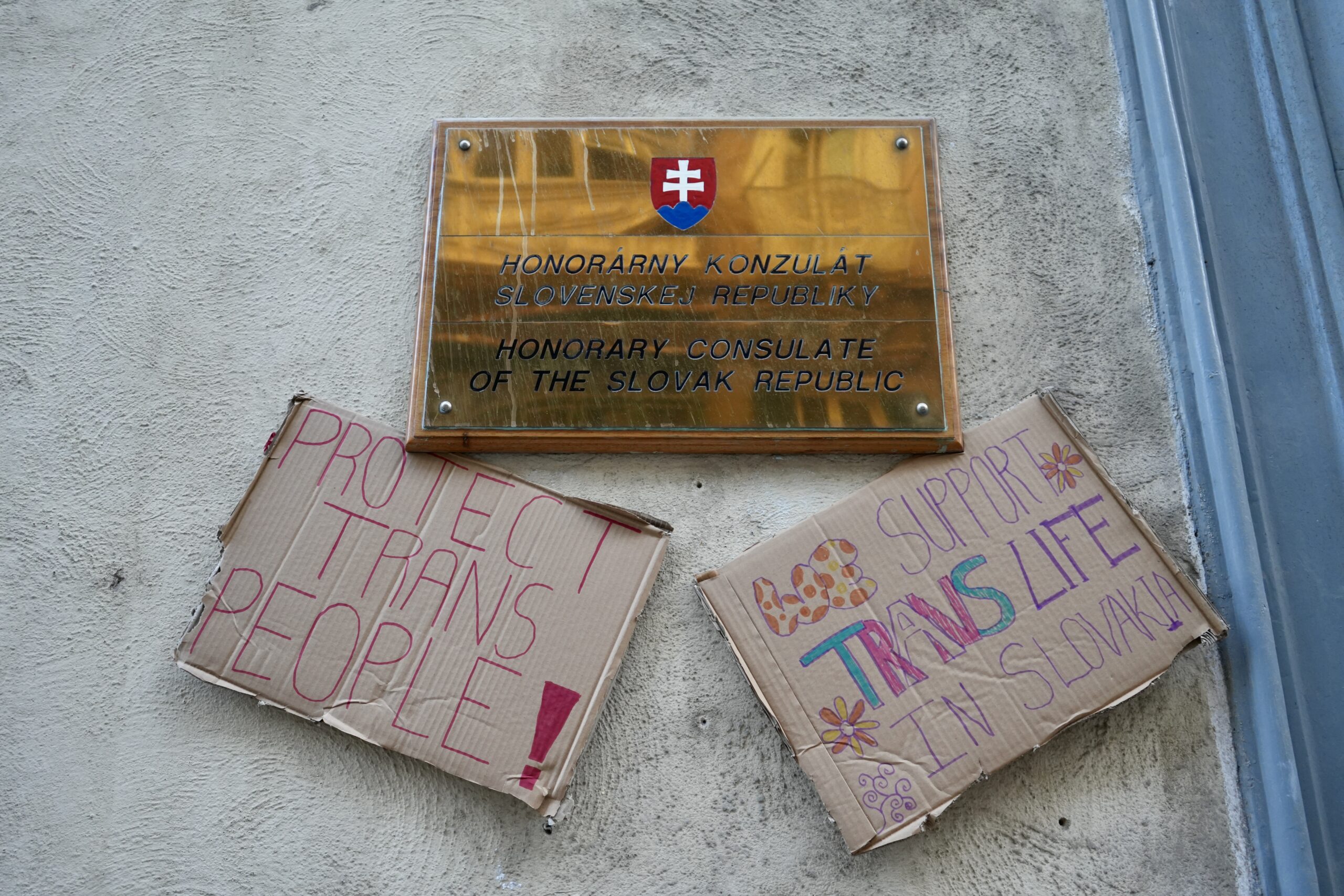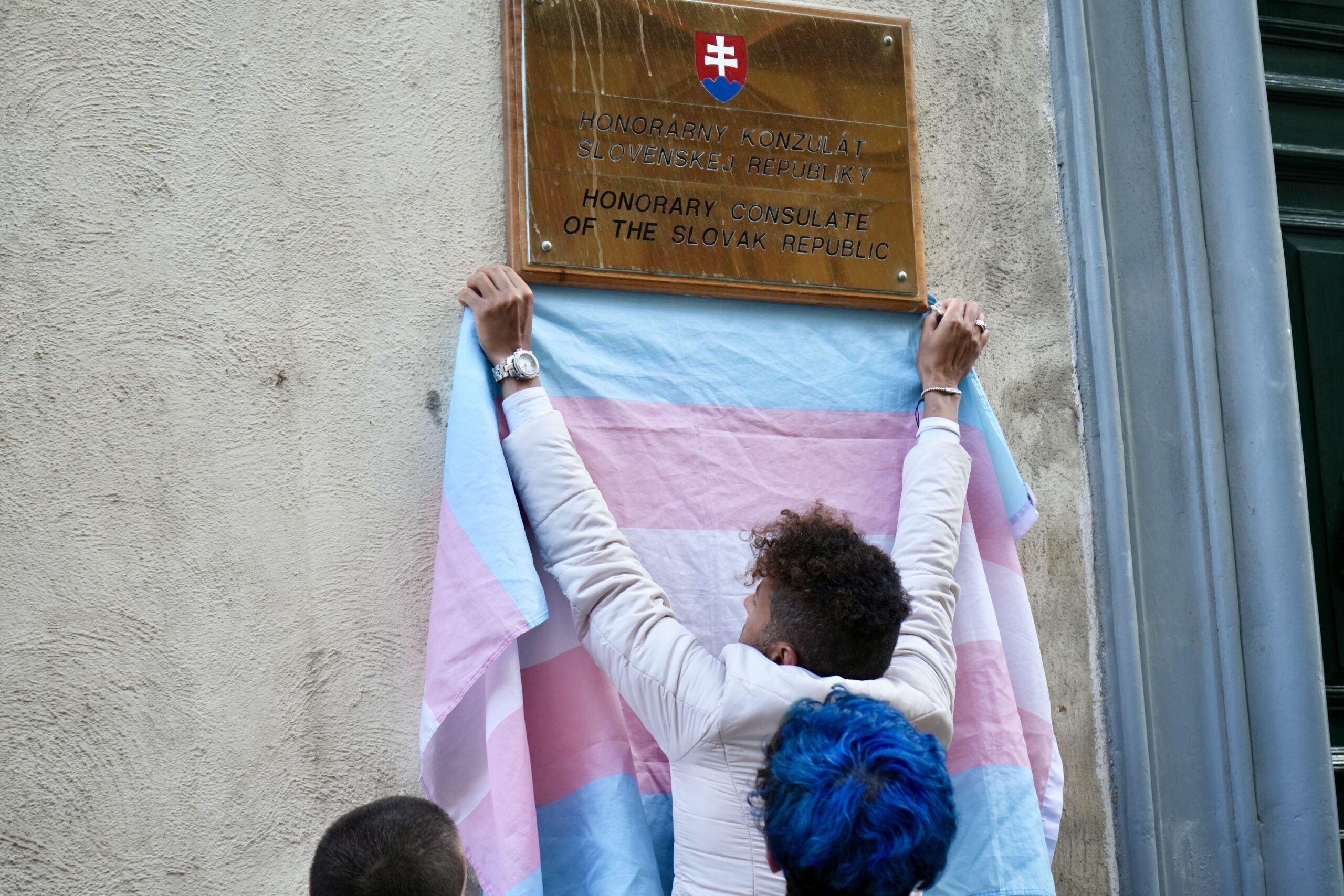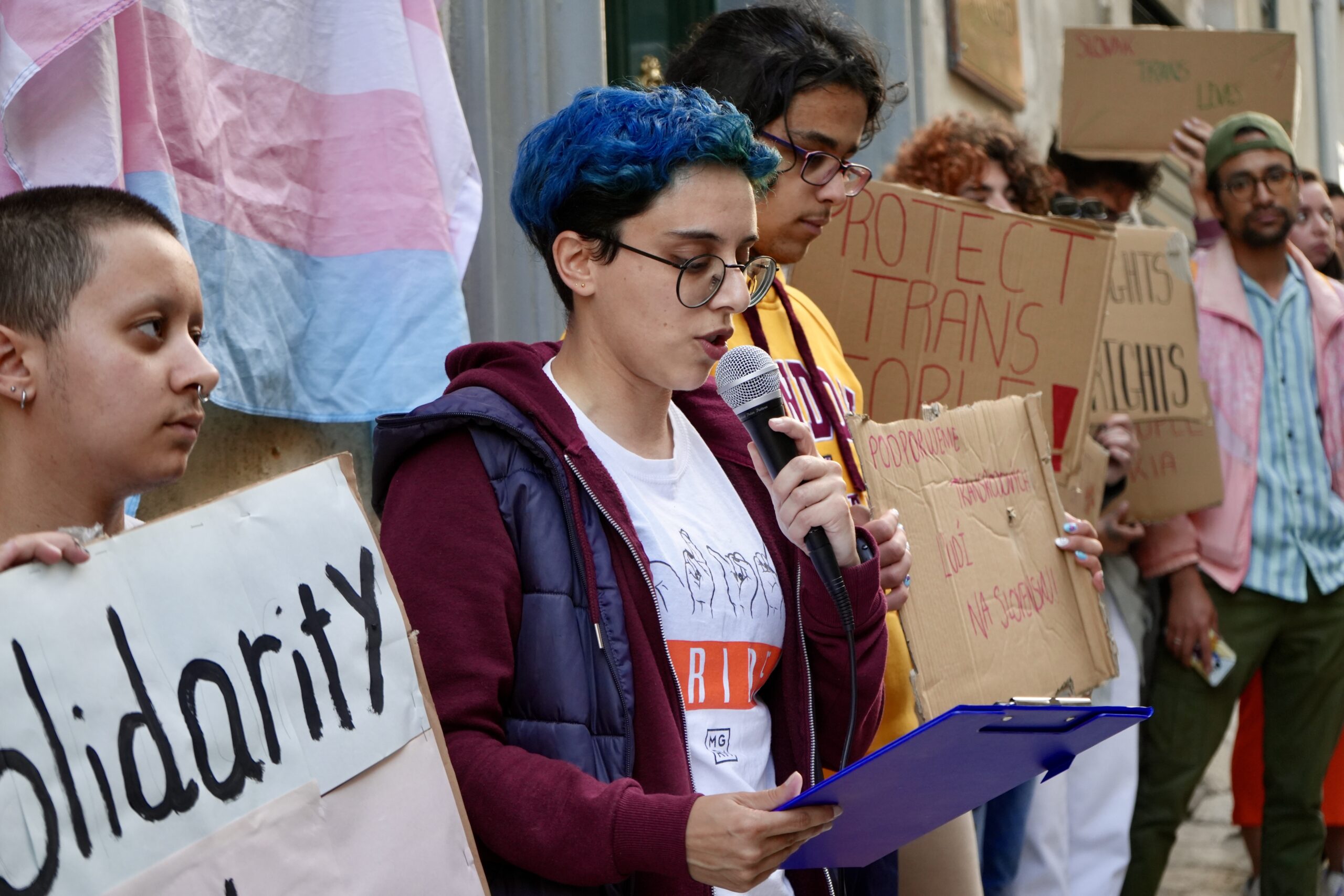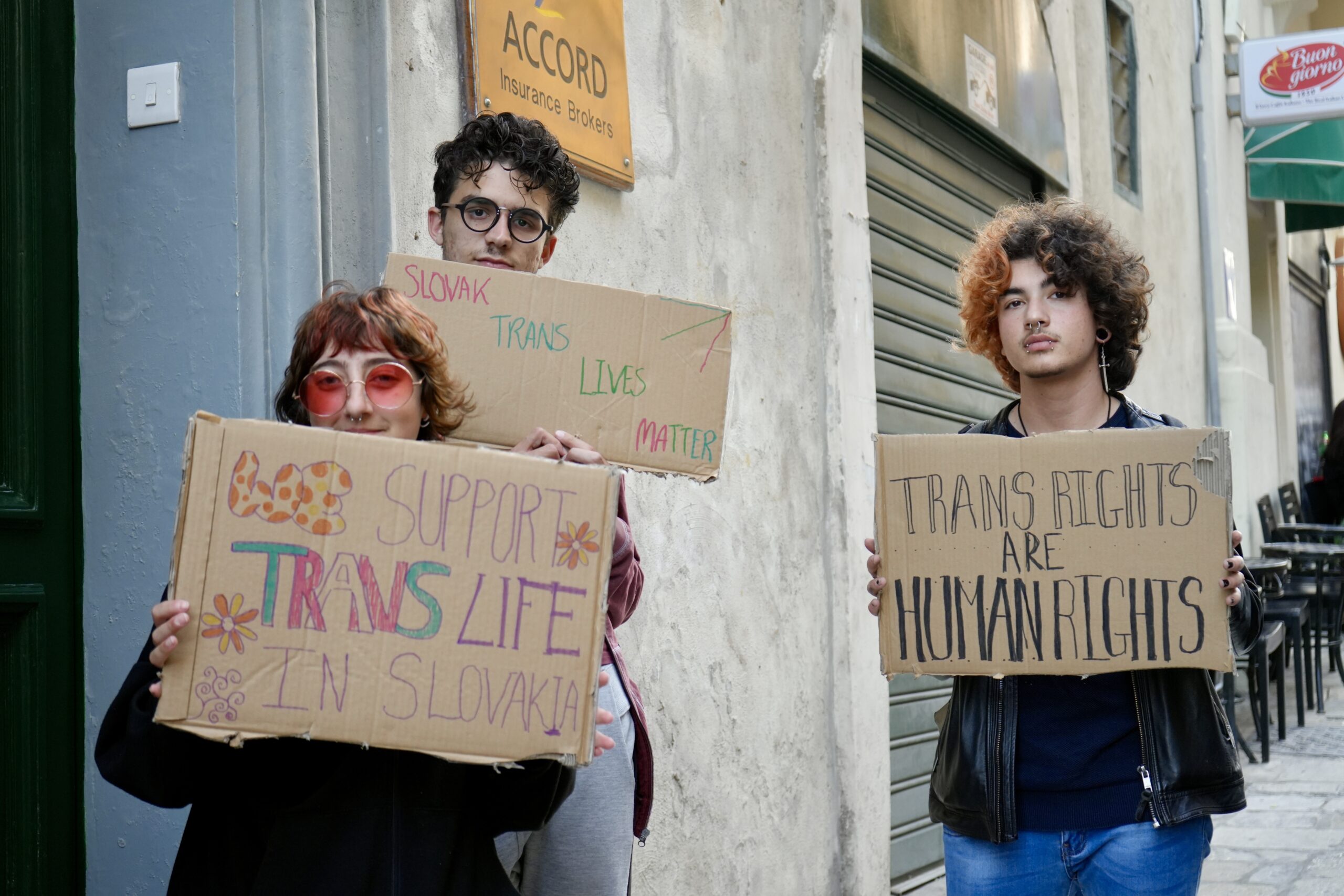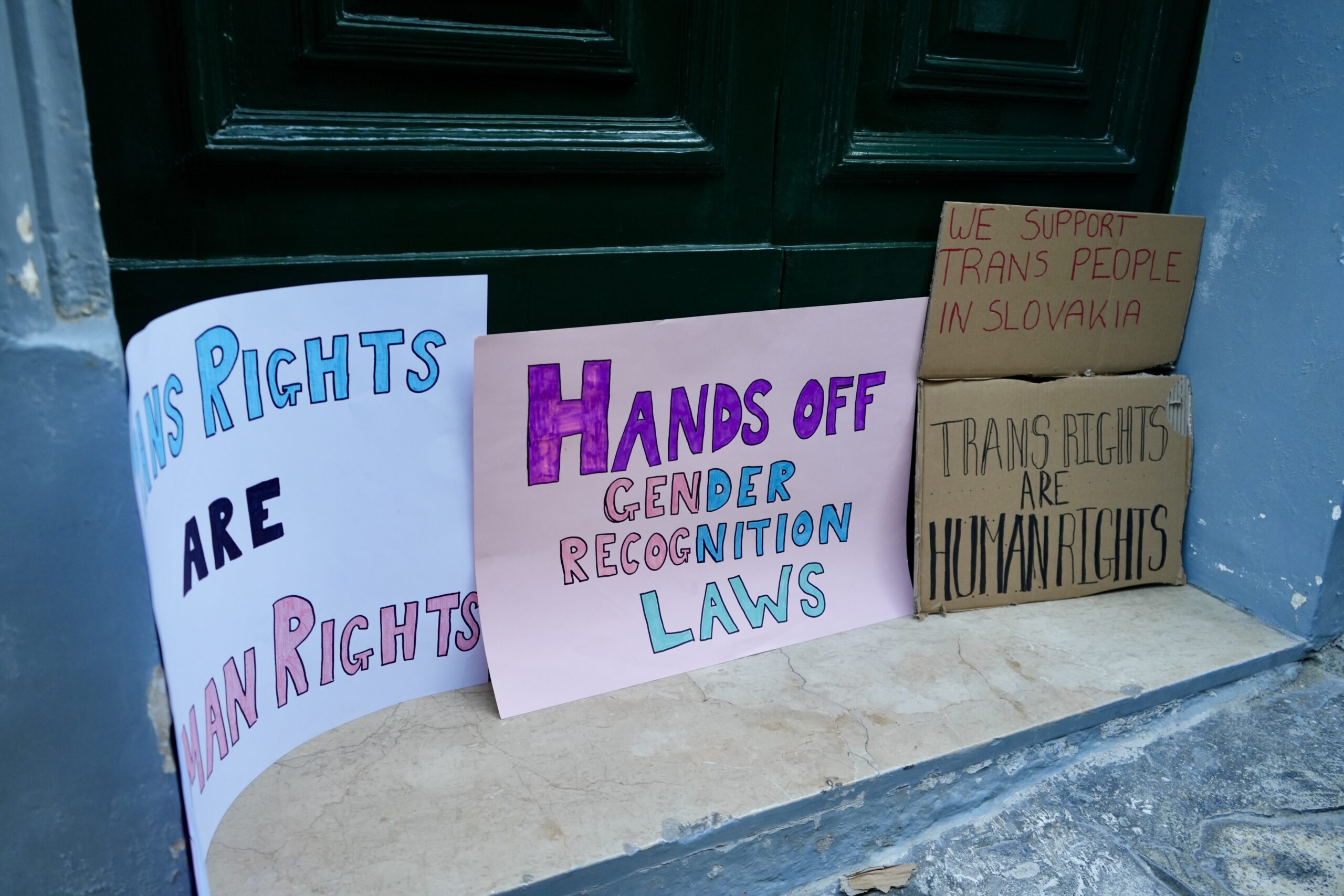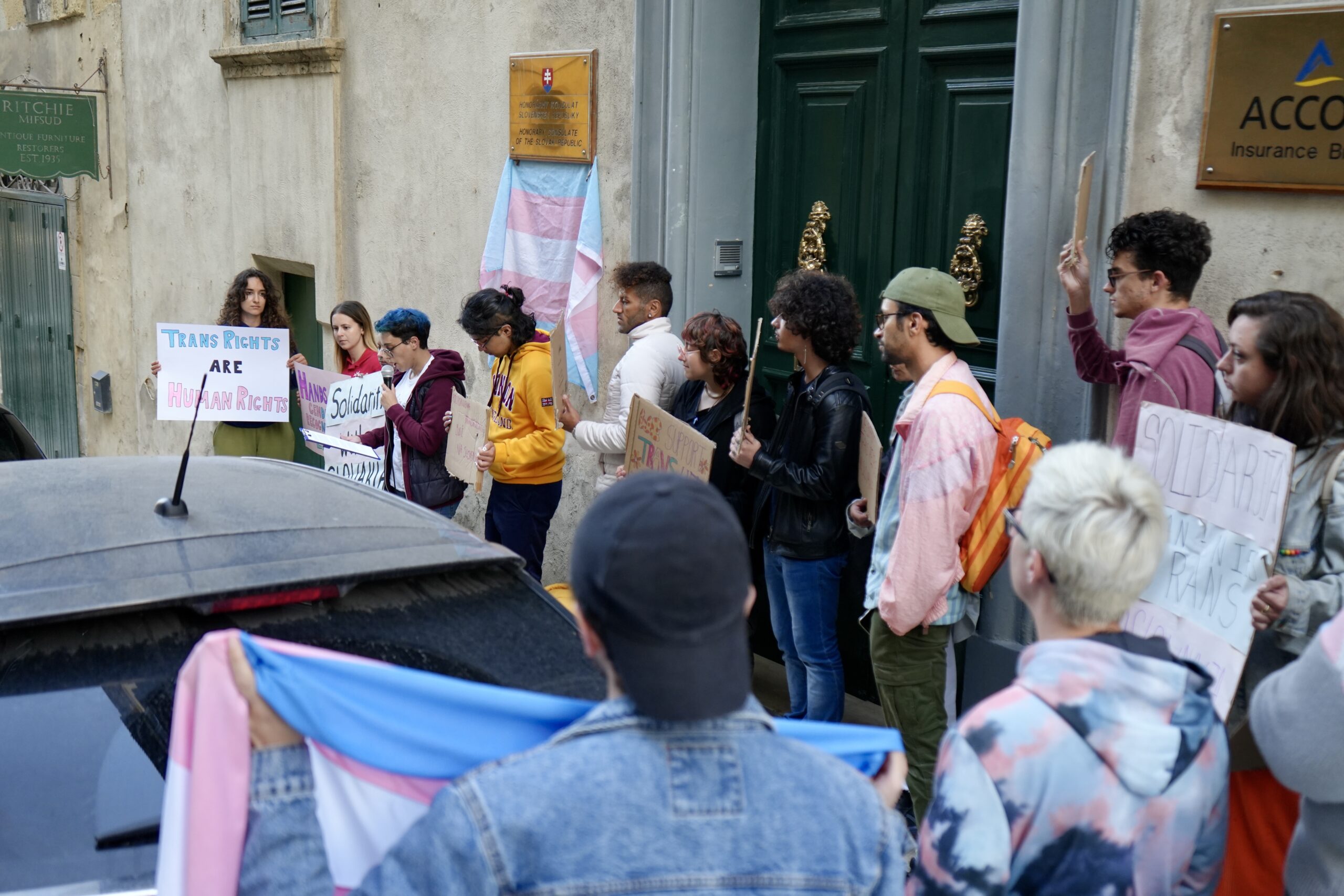- As part of the Memorandum of Understanding signed between Aġenzija Żgħażagħ, within the Ministry of Inclusion and Social Well-Being and the Malta LGBTIQ Rights Movement, MGRM is inviting applications for one position of Youth Work Provision of Service to be provided with the MGRM.
- The successful applicants should hold a qualification in YOUTH AND COMMUNITY STUDIES at diploma level or higher;
- The responsibilities of the Youth Worker include an ability to provide:
- A positive social network and safe environment for the young people participating in the programme/s and/or service/s by the Malta LGBTIQ Rights Movement;
- Holistic personal development opportunities which are empowering and motivating;
- Deliver quality youth work services following MGRM’s and Aġenzija Żgħażagħ’s policies, objectives, standards and procedures;
- Engage with young people in leisure and entertainment working areas as part of an interdisciplinary team to provide care and support, informal education and referral to other services where required;
- Work as part of a team and collaborate with management and co-ordinators of MGRM;
- Keep attendance and participation records of young people attending the programme/s and/or service/s;
- Participate in meetings and internal evaluations as necessary at no additional cost;
- Provide at least three months in advance, the programme planned including the activities to be delivered to young people, which has to be approved by MGRM;
- Ensure that confidentiality is maintained and that data is protected according to General Data Protection Regulations enacted on 25th May 2018.
- The successful service candidates will be offered a two-year contract agreement with MGRM for a minimum of six hours monthly, mainly in the evenings or over the weekend and according to the selected candidates’ availability hours mutually agreed and annexed to the contract, to perform duties on a different number of projects that MGRM will be engaged in.
- The rate is €15.00 per hour of service delivered [or contact time with young people] if the candidate holds a degree or higher qualification in Youth Work and €12.50 per hour of service delivered [or contact time with young people] for candidates with a diploma, which either rate is inclusive of all taxes and no further fees shall be charged for travelling, preparation for sessions including meetings concerning the programme/s and/or service/s.
- Motivational letters, including a Europass CV, work experience, references and certified copies of qualifications and the police conduct certificate are to be submitted to MGRM, 32, Parish Street, Mosta MST 2021 in a sealed envelope or by email to mgrm@maltagayrights.org by not later than 2nd February 2024.
- Original certificates and testimonials are to be submitted for verification at the interview.
- The Selection Criteria and weightings set for the interview are the following: Knowledge about the Malta LGBTIQ Rights Movement and context; Knowledge and Suitability about the post including an understanding of the role and experience; Abilities and Skills including applied learning, communication skills, teamwork and leadership skills and Personal Attributes including motivation and commitment; adaptability and flexibility and personality.
- Eligible candidates providing such service will be interviewed by a selection board to assess their suitability for the post.
- Applications by post should be sent by registered mail, allowing sufficient time to ensure delivery by the above deadline. These applications will be acknowledged in writing by MGRM within seven days.
- Malta LGBTIQ Rights Movement reserves the right to reject any or all submissions associated with this call for an Expression of Interest. Late applications will be discarded.
- For further information or queries, please email mgrm@maltagayrights.org
Tag: MGRM
Malta LGBTIQ Rights Movement Calls on Maltese Government and Maltese MEPs to Support Transgender Rights in Slovakia
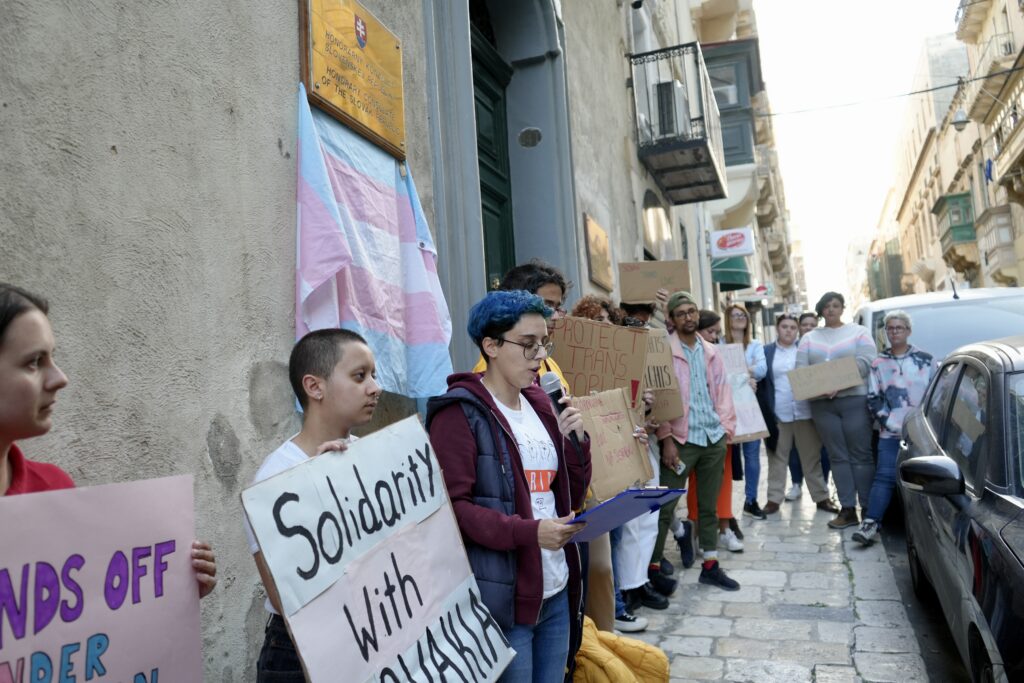
The Malta LGBTIQ Rights Movement (MGRM) alongside Allied Rainbow Communities, Drachma, LGBTI+ Gozo, Aditus, Checkpoint Malta, Moviment Graffitti and MMSA gathered in front of The Honorary Consulate of The Slovak Republic in Valletta on Thursday 4th May 2023 to show solidarity with the transgender community in Slovakia and to express concern about the proposed bill that would make legal gender recognition impossible in Slovakia. MGRM co-coordinator Cynthia Chircop spoke out against the bill, which would require transgender individuals to undergo a genetic test to prove that their gender was incorrectly determined at birth, a test that would be virtually impossible for most transgender individuals to pass.
Chircop emphasised that the proposed bill would not only deprive transgender people of the opportunity to have their gender identity recognized legally but also goes against the right to self-determination and international human rights law. “The intention of this law is clear; to dehumanise, oppress and erase the transgender community,” said Chircop. “It will increase the risk of bullying, discrimination and violence that they already face. Everyone should be treated equally in front of the law, regardless of their gender identity.”
MGRM called on the Maltese government to put pressure on the Slovak government to reject this bill. “Malta has been a leader in LGBTIQ rights in Europe with the most progressive laws protecting the LGBTIQ community for the past seven years,” said Chircop. “These laws and policies have allowed the transgender community in Malta to live their lives openly, access healthcare and support to affirm their identity, and contribute to society.”
Chircop also highlighted the negative consequences of anti-trans legislation and policies in countries like the US, Hungary, and Poland. “We know what hate and intolerance lead to; violence, erosion of democracy, and destruction. We need to take action today,” said Chircop.
MGRM invited Maltese MEPs and elected officials to take action to support transgender rights in Slovakia, including urging the Slovak government to withdraw the bill. “Being a passive bystander is being complicit to oppression, even if it’s not in our own country. Silence is not an option because transgender rights are human rights. And human rights belong to everyone,” said Chircop.
MGRM believes that the Maltese government, which is responsible for the world’s most progressive LGBTIQ laws, has an important story to tell about how Malta’s laws have led to a better quality of life for LGBTIQ people. By bringing forward tangible impacts that trans legislation in Malta has had on the LGBTIQ community, MEPs and the Maltese government can use their influence and legal powers to persuade the Slovak government to withdraw the bill.
MGRM and other LGBTIQ rights organisations will continue to monitor the situation in Slovakia and call for the protection of transgender rights.
18 years of MGRM: Celebrating battles, achievements and pride
One of the first websites which pops up on one’s web searcher when looking up “Gay rights in Malta” is the Malta LGBTIQ Rights Movement, better known as MGRM. For the past 18 years MGRM has been behind the biggest LGBTQ+ achievements on the local scene, and although the NGO is still in its teen years, it has seen many battles, losses and achievements; from the launch of the first National Gay Helpline, the first Pride March in 2004 and in most recent years Marriage Equality. COLETTE FARRUGIA BENNETT is one of the first committee members of MGRM and till this day is working towards educating society on issues and challenges the LGBTQ+ community face, in hope to make life easier not just for the community but everyone else.
COLETTE FARRUGIA BENNETT
We were scared no one would show up: 2004 first Malta Pride
Today, Pride March is celebrated among thousands – people from the LGBTQ+ community, allies, politicians and activists all come together to march for the political reasons and party to celebrate the achievements of the community. Yet, it was not always this way. Colette reflects back to when the MGRM committee first started thinking about hosting a Pride March in Malta. “Back in 2001, Pride March was a big thing abroad, but we were not sure whether the Maltese society was ready for a public demonstration of homosexuality!” She explained that in 2002 and 2003, while there was no Pride March, MGRM organised Diversity Week, a number of events to bring people together and promote more awareness on the community. “We were a group of people with a lot of energy and very little experience but were good fun. We had also organised a ShOUT festival, which was an open air performance on stage with a variety of performances.”ADVERTISEMENT
2004
In 2004, Colette and other committee members decided to plan the first Pride March. “We put up posters around Malta in the middle of the night! I remember on the day there were quite a few police, as they did not know what to expect on the day; both from our side and the public.” She explained that they initially wanted to make a statement; apart from carrying a rainbow flag made out of balloons they also marched with a banner which read Gay Rights equals Human Rights. Collette remembered feeling anxious and nervous on the day, not knowing what to expect from society.
“There were important people there who put their face out and stood by us, Minister Evarist Bartolo, Louise Galea, Marie Louise Coleiro Preca, Alternattiva Demokratika and Moviment Graffiti. There were more allies than the LGBT community itself and at times that was the running joke for the first few Pride marches. It was a frustrating feeling, although you would invite other LGBTQ+ people they would come up with an excuse, it was frustrating to always put your face out there and very few would follow us. Today the situation is very different and Pride is a much bigger event, yet at times it has become more commercial, which can at times be problematic when highlighting the issues we are fighting for.” She explained that the political message of Pride needs to remain present, that although Malta has advanced in laws and has become more accepting in the past few years, there are a number of countries where it is still a criminal offence to be homosexual and transgender.
“Our message for Pride would be to continue educating society and raising awareness; making life easier for those people facing a challenge with homophobia and transphobia. Secondly, we want to raise awareness of HIV transmissions and the importance of medical and psychological care for those people living with HIV. The reality of living with HIV is very different to what it was in the 90s but it is still important to understand the transmission of HIV and STI’s.”
2008
MGRM has helped me become an activist who is always keen to learn more about people
Collette joined MGRM in 2001, when she was still a first year student at University reading a degree in social work. She remembers that before joining the NGO she recalls the birth of another organisation, Gay and Lesbian Civil Rights Movement. “I remember sitting in front of the TV watching the press conference and thinking finally people are coming together to speak about the LGBTQ+ movement!” Although the group was short-lived, some members came together to create MGRM.
2012
“I started volunteering and I became part of this organisation. Before MGRM, my life was very different. I was a passive teenager who wasn’t involved in activism. Joining MGRM and volunteering in the national Gay helpline, I became more active and keen on learning more about the situation both on a local scale and also on what is happening abroad. Nowadays this information is my bread and butter and the knowledge is ingrained in me now.” She explained that she feels privileged to have learnt so much about the community and to have had the chance to travel and learn more by attending numerous forums, trainings and conferences.
2013
She explained that her own studies and research also looked into the LGBTQ+ community. Her first dissertation was about the visibility of bisexuals and lesbians in terms of how social workers view such populations and she explained that the eight-year gap between her first dissertation and her masters shows that there was an improvement in the attitudes towards LGBTQ+ people in society. “Over the years, many people have come to the MGRM offices to seek out support. We have seen so many people sit in this counselling space, young people telling us that their parents have been abusive or unsupportive. Now, the situation has changed; not that we do not have these people seeking support, but now we have parents seeking advice on how to support their son or daughter who just came out. They come to us for support and a safe place to discuss what they are feeling.” She said that while society has changed drastically, there are still many other changes to be done. There is still homophobia and transphobia which is still being worked on. Yet there is hope for the future. “We have had information sessions with Education Minister Evarist Bartolo and trans young people, alongside numerous meetings with schools from different backgrounds to highlight more awareness on LGBTQ+ youths. We also had the opportunity to train the psycho-social teams of Catholic schools; we don’t expect people to become experts but to know that if someone out there needs more support outside of the schools, we are here.”
2016
2017
Pride is showing solidarity among one another regardless of our gender and sexual orientation
Colette explained that the meaning of Pride goes way back to 2004; although times have changed, they still march for the same reasons. “We wanted to be heard, counted and considered as equal citizens. As much as equality has improved, there are still inequalities and injustices taking place. Yes, we should celebrate, celebrate diversity, complement one another and come together regardless of gender identity or sexual orientation.”
Source: Malta Independent

